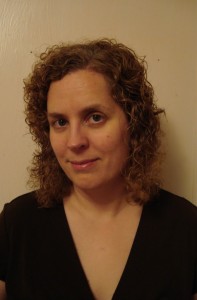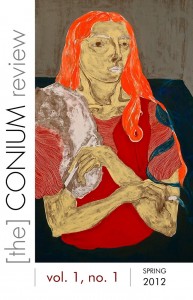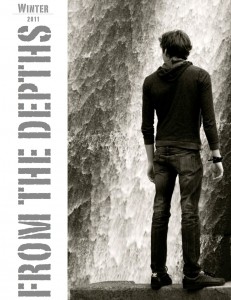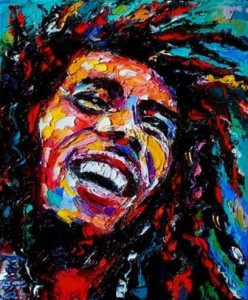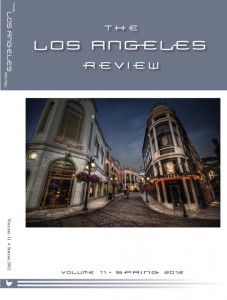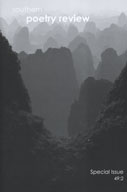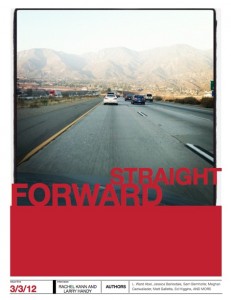 Straight Forward publishes poetry and photography quarterly (March, June, September, December) digitally using Issuu and essays and reviews on their website.
Straight Forward publishes poetry and photography quarterly (March, June, September, December) digitally using Issuu and essays and reviews on their website.
Lindsey Lewis Smithson is the Founder and Editor, with Martha Borjon Kubota work “tirelessly” as the Assistant Editor.
“In the most basic sense,” Smithson says, “Straight Forward started to simply publish clear, concise poetry. On more than one occasion I have been told that poems that were too clear were boring, or, horrifyingly, not poetic. Poetry does not have to be Avant-garde, or confusing, or a puzzle to be beautiful and poetic and valid. I also wanted the tone of the website, and our social media presence, to be positive and welcoming; we are not a magazine to publish you and dump you. I email our authors frequently, sending them proofing galleys and running author photos along with bios in each issue. We will share your blog/website info if you want us to, and will do what we can to make you proud of being published with us. Like our website says, we aim to be a home for writing, not just another journal.”
In addition to this perspective, Straight Forward is unique in another way: “As the idea grew, I also wanted to wrap in charity work. Our 2012 campaign, Read Books. Buy Indie. Help Animals. is done to support the ASPCA. We will feature a different charitable cause every year, with ways to provide direct donations and indirect donations. It is my belief that artists are typically compassionate people, and that poetry and charity go together well. To be able to provide writers with ways to participate in the literary community and to help others is important to me.”
Readers of Straight Forward will, on first look, find at least two interviews, ten poems or more, photos from submitters, author bios and photos, and news about the publication. “We run everything in full color, but keep the layout simple. Everything published, from the photography to the interviews, should be clear and enjoyable on the surface; more depth and meaning can be found, if you want to take the time to look for it. Nothing is a riddle, nothing is meant to be confusing.”
Issue One features the poets L. Ward Abel, Jessica Barksdale, Sam Bernhofer, Warren Buchholz, Meghan Cadwallader, Matt Galletta, Peter Goodwin, David Hernquist, Ed Higgins, Brian Hood, Heather Holliger, Paul Hostovsky, Margaret S. Mullins, Aline Soules, and Adrienne Wallner.
In addition to the poetry are interviews with Larry Handy, the lead poet of the group Totem Maples, and Rachel Kann, a poet and prose writer, professor, and artist. Straight Forward also features photography from Ron Pavellas, Genevieve Kules, Adrienne Wallner, Emily Strauss and Shubhankar Verma.
As for the future of the publication, Smithson says, “Aside from getting out three issues that are successful this year, I would also like to publish an ebook anthology in December. I also hope to raise $1000 for charity through our contest fees and (future) ebook sales. We are running our first contests right now, with Jill Alexander Essbaum as poetry judge. If all goes well, and the literary community warmly receives us, I can foresee us developing a chapbook series. That kind of move would have to be an organic decision that is right for the journal first, since we are not in this for the money.”
Straight Forward only takes submissions through their Submittable submission manager, considering general submissions, including poetry, essays and photography, year round.
Straight Forward is also active on Twitter (@straight_poetry), Facebook, and Pinterest, in addition to blogging on their website about the publication process. Smithson adds, “We are fairly open about our process and love sharing it with others.”

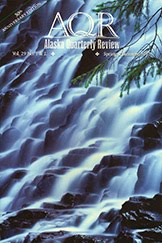
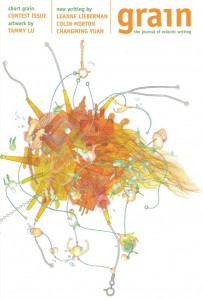
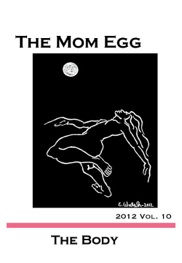
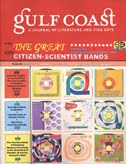


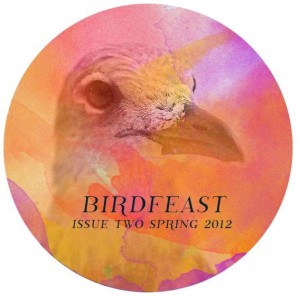
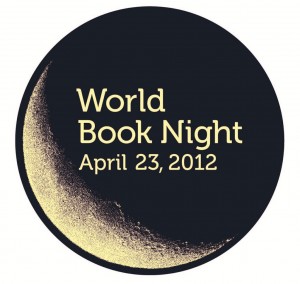
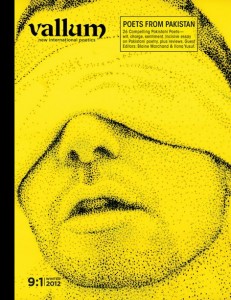

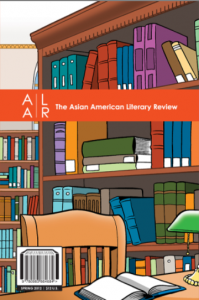
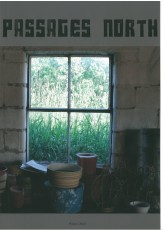
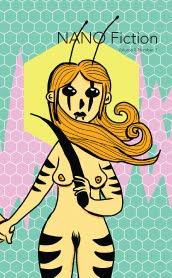

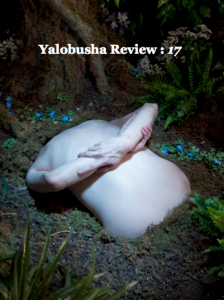
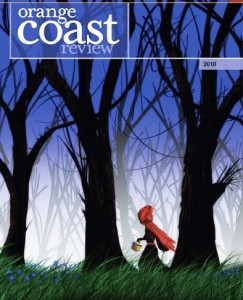
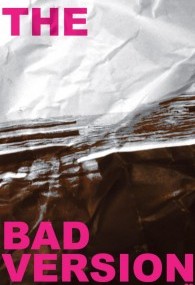
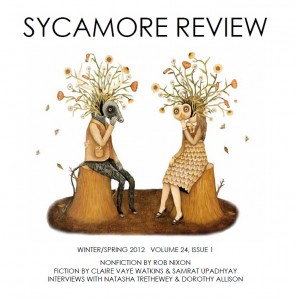
 – poetry, fiction, reviews, essays, art
– poetry, fiction, reviews, essays, art